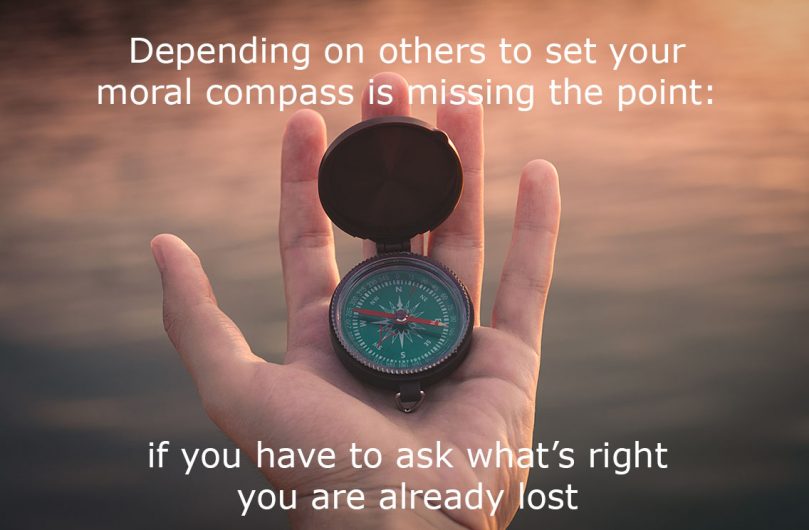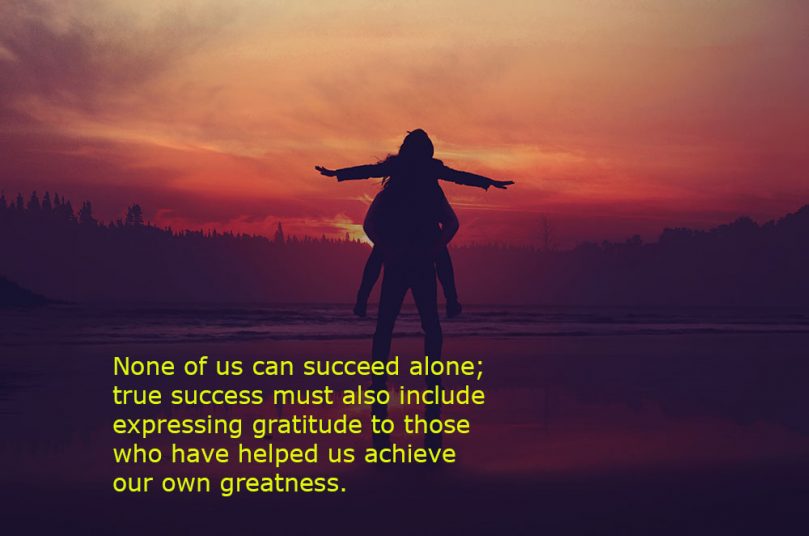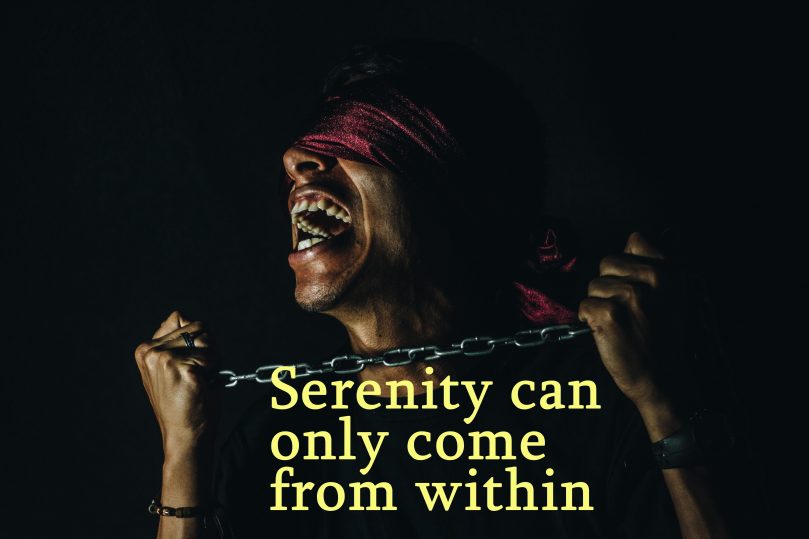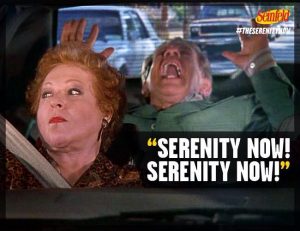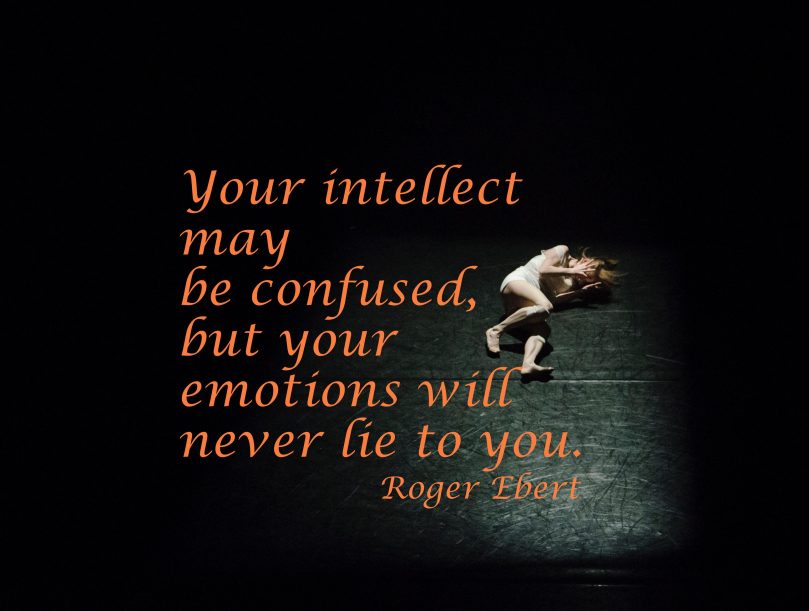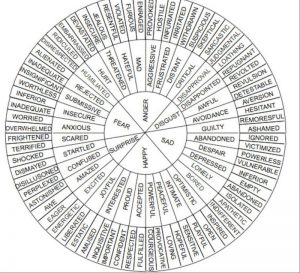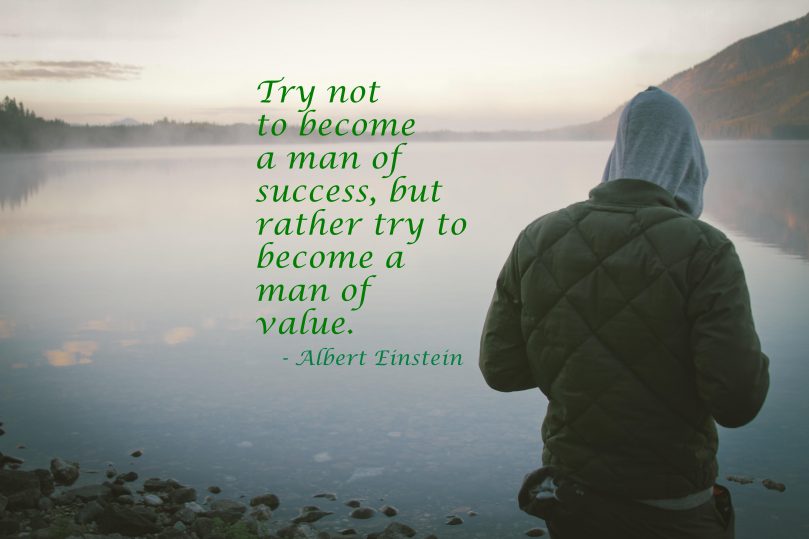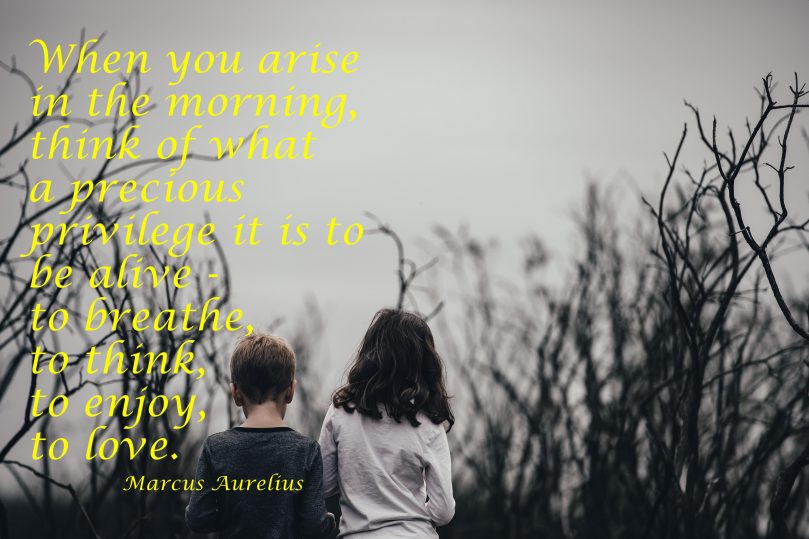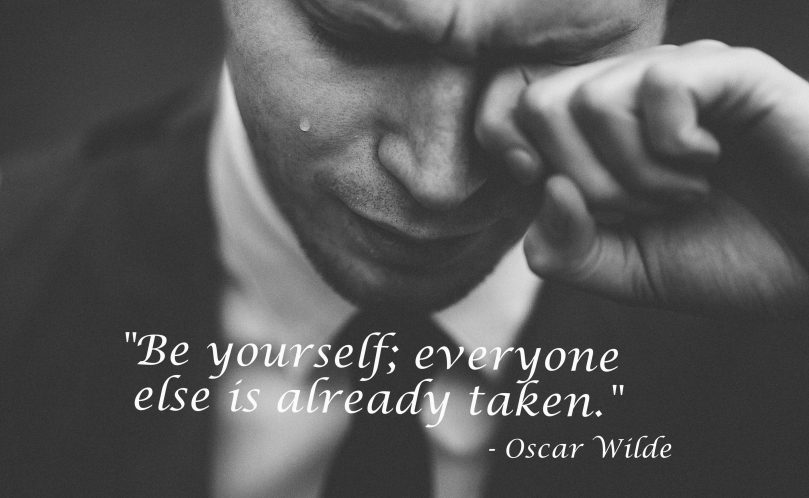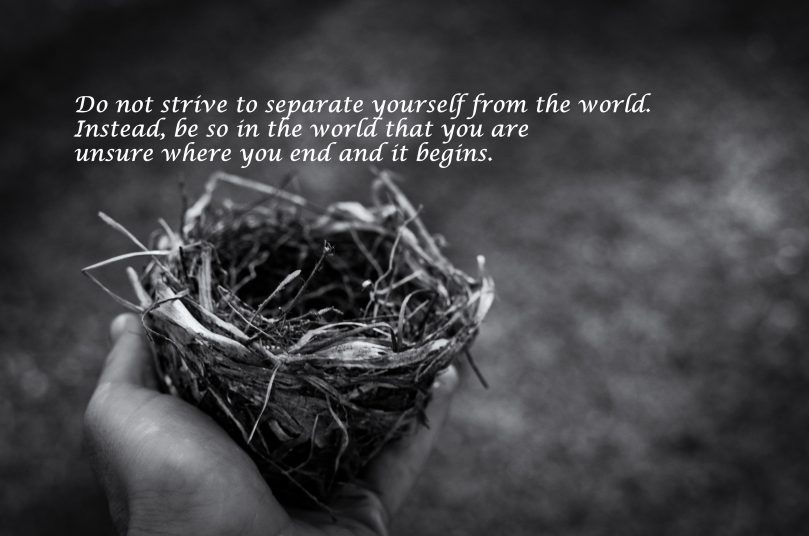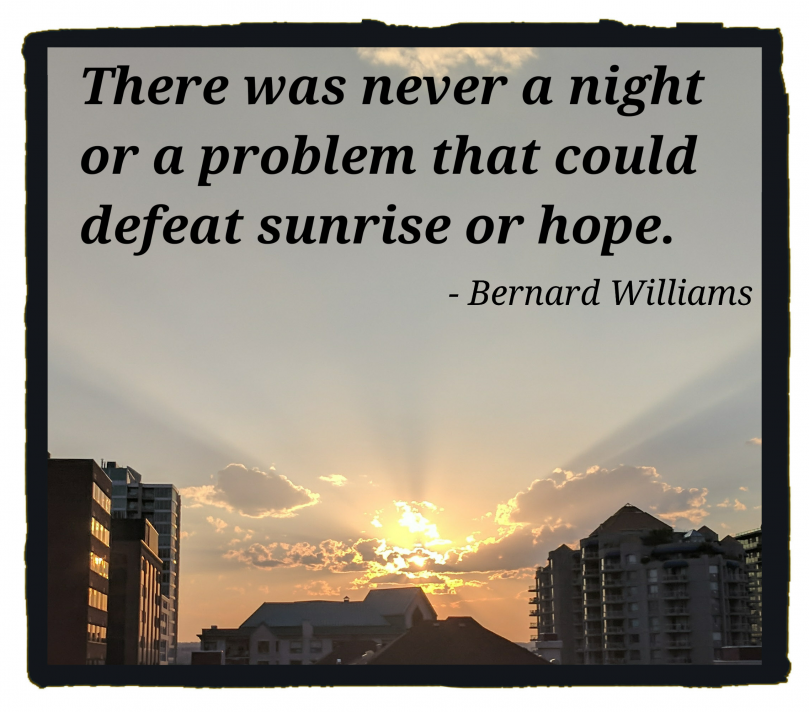How Can We Be Decent?
One of my favourite comedians, Jim Jefferies, has a straightforward rule about being a decent human being: “Try not to be a cunt, and if you do that every day, you’ll be a good person.” (link to video)
Crude, but perfectly valid advice.
You cannot expect to learn morals from outside of your own experience. They must be absorbed by observing your role models, parents, peers, and personalities you encounter. Once absorbed, you need to process those impressions into what your choices will say about you.
Why Not Depend on Religion?
Most people look to religion to get their moral compass bearings, which is a valid start. Christian’s Sunday school, Muslim Koran readings, Buddhist teachings, they all point to methods to determine what is right and wrong. But it is dangerous to rely strictly on external sources to inform decisions. So many millions have been marginalized, discriminated against or killed just because of strict interpretations of ancient words – which mean vastly different things in today’s more complex world.
Instead, as you grow up you should start taking your moral bearings from within. Once you’re past 6 years old, relying on someone else to tell you right from wrong is avoiding your responsibility as a human being.
Be Responsible
As a mental experiment, imagine if every word you said was tattooed on your skin – would you speak any differently to those about you? What is impressive is that every person has that capability – to just be a decent person by attempting to treat everyone else respectfully.
We are all exposed to social media that captures people behaving badly: racial insults at a cashier, road rage, fights at Walmart, politicians denying sexual abuse charges. It seems like an endless parade of people behaving like they’ve forgotten what those early lessons in right and wrong were teaching. All to the point where we become desensitized to the pervasiveness of questionable behaviour.
So a challenge: we all have the power to be the light of reason in someone else’s life, as long as we follow a path that fits with our moral compass. Do that, and as Jim Jefferies says, “you’ll be a good person.”
You might also like: Zen Koan 45: Right & Wrong
